Terra Natura Benidorm welcome the first births since the confinement caused by COVID-19
hace 5 yearsNature continues its rhythm in the meadows of Terra Natura Benidorm and two barking deer, a flying fox, two senile parrots and two cuckoos Pirinchos have been born.
While waiting for the coronavirus pandemic to be resolved, the park has hosted some births of different species coinciding with the spring season where two chitals (Axis axis), a flying fox (Pteropus lylei), two senile parrots (Pionus senilis) and two pirincho cuckoos (Guira guira) have been born.
The animals continue their life with total normality thanks to the team of experts at Terra Natura Benidorm, where veterinarians and zookeepers watch over their care to guarantee their complete well-being while complying with a strict protocol of health prevention to avoid possible contagion of COVID-19 between employees and the animals themselves.
Among the newly species born, the flying fox stands out because is considered a vulnerable species by the IUCN and they are included in the international CITES protection catalogue. In Thailand and Cambodia, those populations are under pressure by the loss of their natural habitat and poaching.
In the case of the barking deer, they are not currently threatened but the population densities are low; in protected areas are stable but the rest of the groups are in decline as a result of extensive hunting.
Each species born has a particular relationship with its parents. In chitals and flying foxes, for example, the mother is fully responsible of the care of the baby while the male ignores the rearing process and his role is reduced to the protection of the group. The two chital babies are in the high meadow, away from the herd, and the mother periodically approaches to feed them.
On the other hand, the flying fox baby remains hooked to its mother to feed him when needed. When it is a few weeks old, he will emancipate from the mother and start to spend time alone. In birds, the male has an important role in rearing, where both incubate the chicks and supplies them with food. In the case of the cuckoo, the brothers take care of them when the chicks leave the nest and start to fly.
At present, Terra Natura Benidorm has a group of 22 chitals in different areas of the park, 33 flying foxes, six pionus and 17 pirincho cuckoos. The reproduction of these animals is a reflection of welfare in the park and the optimal environmental conditions they have.
Among the curiosities of the species born, flying foxes stand out for being the largest bats that exist in the world, in fact, they can reach up to two metres in wingspan. The pionus has a lack of plumage around the eyes. On the other hand, the cuckoo gets its name due to the first European colonisers who saw a certain resemblance to magpies. Chitals have white spots that disappear when they grow up.

